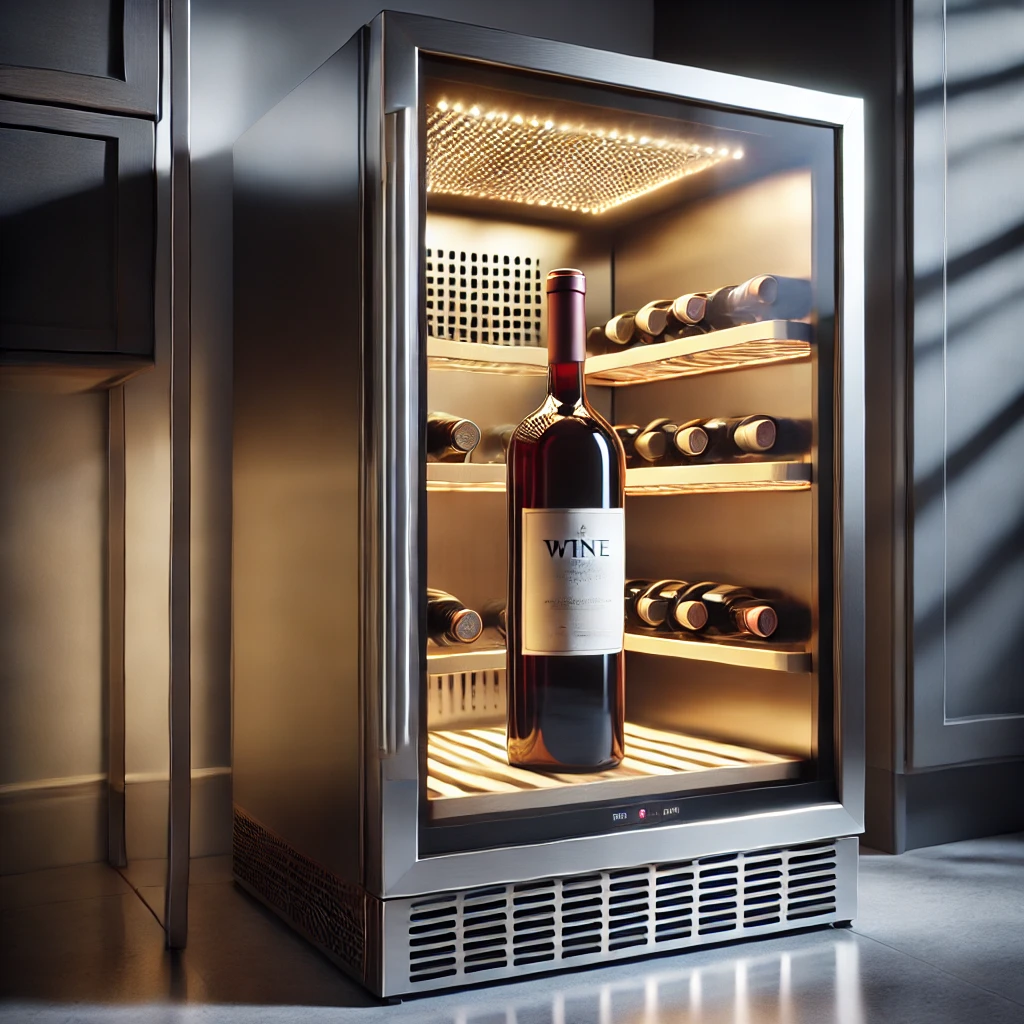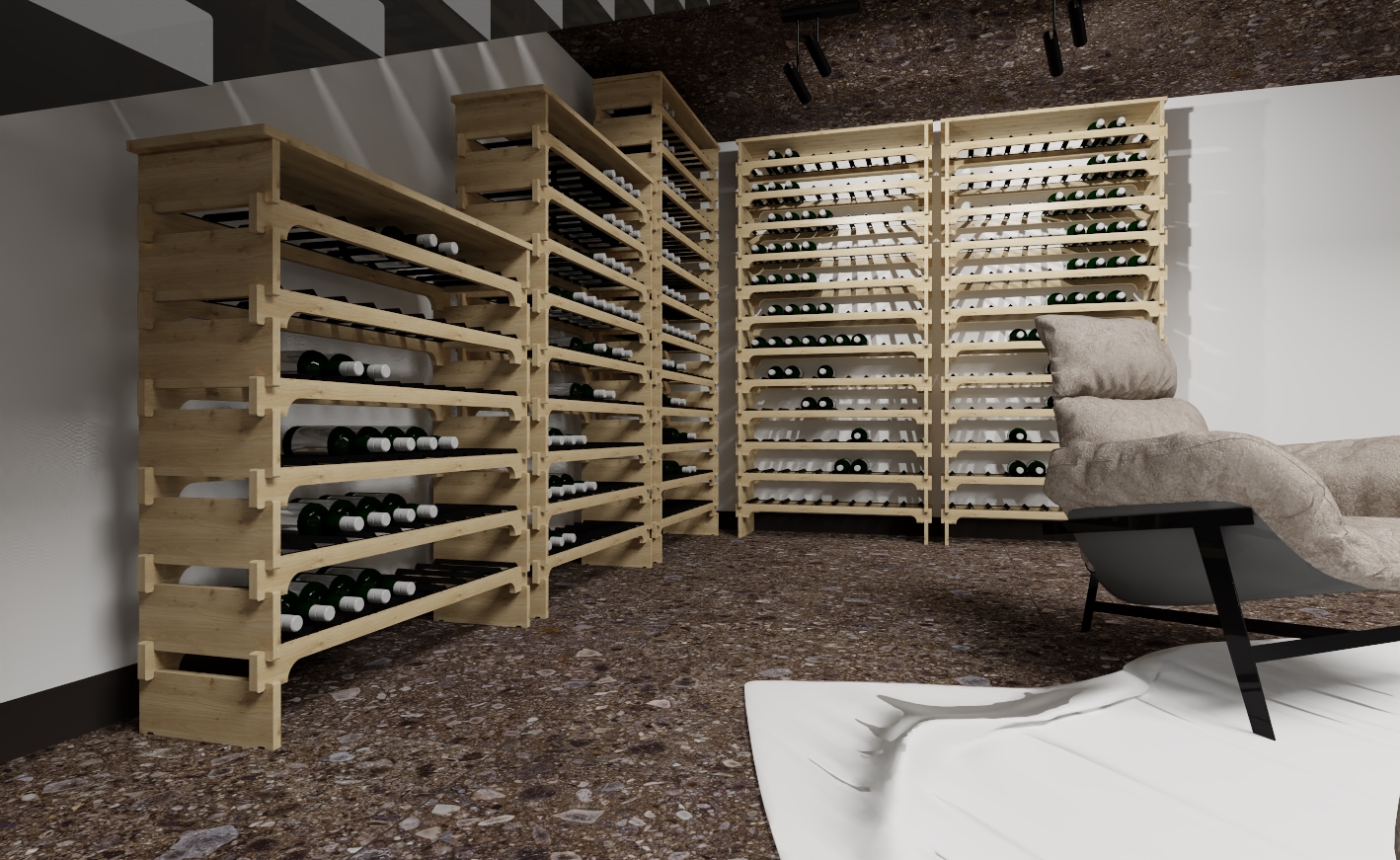Opening a bottle of your favourite wine is often a moment of celebration, relaxation or a special occasion.
However, sometimes you don’t manage to drink the whole bottle and the question arises: how long can open wine be stored,
so that it retains its flavours and aromas? The answer depends on the type of wine, how it is stored and the preservation techniques used.
The effect of the type of wine on storage time:
- Red wines
Open red wine usually retains its characteristics for 3-5 days. The tannins it contains and the higher acidity help delay the oxidation process.
Lighter red wines, such as Pinot Noir, can lose quality faster than wines with a richer structure, such as Cabernet Sauvignon.
White and rosé wines

- White and rosé wines
tend to remain fresh for 2-4 days after opening. They have fewer tannins than reds, which makes them more susceptible to changes under oxygen.
It is a good idea to store them in the fridge and with a suitable stopper.
- Sparkling wines
The bubbles in sparkling wine escape quickly once opened, so they are best consumed within 1-2 days.
To prolong their freshness, you can use a special sparkling wine stopper to prevent carbon dioxide from escaping.
- Fortified wines
Wines such as port, sherry or Madeira can be stored for weeks or even months after opening, as they contain a higher level of alcohol,
which acts as a natural preservative.

How to store open wines ?
- Airtight seal
Use the original cork or special vacuum closures, which remove air from the bottle and slow down the oxidation process. - Storage temperature
Store open wine in the refrigerator, regardless of the type. The low temperature inhibits bacterial growth and slows down oxidation.
Before serving red wine again, it is a good idea to take it out of the fridge for 20-30 minutes so that it reaches the right serving temperature. - Bottle position
The bottle should be stored in an upright position to minimise the surface of the wine’s contact with air.

How can you tell if a wine is spoiled?
Open wine that is no longer fit for consumption often changes its smell and taste. Here are some signs that wine has spoiled:
- Vinegar smell – indicates acetic acid fermentation.
- Change in colour – red wine may turn brown and white wine may take on a darker hue.
- Unpleasant taste – oxidised wine loses its freshness and takes on metallic or bland notes.
What to do with the remaining wine?
If the wine is no longer drinkable, it can be used in the kitchen. Here are some ideas:
Add to sauces, soups or one-pot dishes such as risotto.
Freeze in ice cube trays to use later as a cooking base.
Use as an ingredient in a marinade for meats.
Summary
Storing open wine is an art that requires consideration of the type of liquor and the storage conditions.
With the right techniques, you can prolong its freshness and enjoy its taste for a few extra days.
It is worth remembering that the best way to avoid waste is to plan accordingly – sharing wine with loved ones or choosing a smaller bottle,
if you don’t plan to drink it all at once.
Cheers! 🍷
Find us on social mediach :







